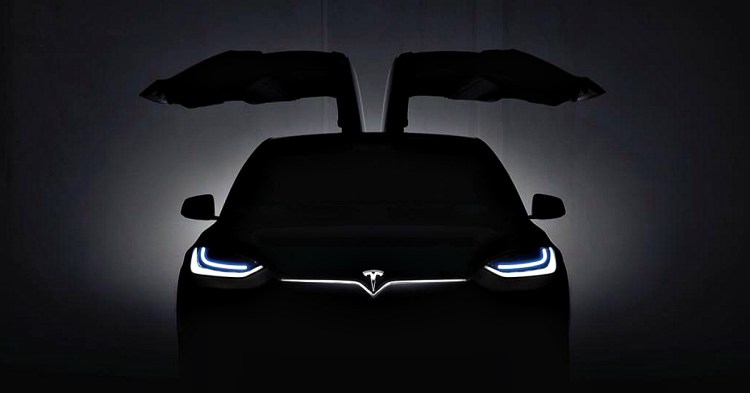Over the past few years, the Chinese government has aggressively promoted electric cars with incentives and preferential policies.
Those policies may finally be paying off, as multiple analyses have shown a major increases in sales of electric cars and plug-in hybrids in China this year.
But China is still reportedly falling behind previously-set sales targets, which may force the government to take even more aggressive action.
The country’s next five-year plan could emphasize electric-car adoption to a greater extent, according to Bloomberg.
The Communist Party — which will present the 13th Five-Year Plan at a plenum later this month — may emphasize the building of charging stations and improving the efficiency of batteries.
This would help address some of the major drawbacks to electric cars in China.
In particular, lack of charging infrastructure has kept sales of all-electric vehicles down. Many of the plug-in cars sold in China are plug-in hybrids.
But without readily available charging stations, many of those cars hardly ever get plugged in, and so spend little time operating on electric power.
The national government hopes that promoting electric cars, plug-in hybrids, and hydrogen fuel-cell vehicles — collectively known as “New Energy Vehicles” — will help reduce the country’s infamous air pollution.
It’s offered subsidies to buyers of new electric cars, while local city governments have given electric-car buyers priority in lotteries for vehicle registrations.
Yet there are reportedly just 220,000 plug-in cars on Chinese roads, or about 22 percent of the goal originally set for 2015.
![Venucia E30 (Chinese version of Nissan Leaf electric car), Guangzhou Auto Show [photo: ChinaAutoWeb] Venucia E30 (Chinese version of Nissan Leaf electric car), Guangzhou Auto Show [photo: ChinaAutoWeb]](http://images.thecarconnection.com/sml/venucia-e30-chinese-version-of-nissan-leaf-electric-car-guangzhou-auto-show-photo-chinaautoweb_100410159_s.jpg) The next five-year plan is also expected to emphasize consolidation of the Chinese auto industry, which is currently comprised of more than 100 manufacturers of varying sizes.
The next five-year plan is also expected to emphasize consolidation of the Chinese auto industry, which is currently comprised of more than 100 manufacturers of varying sizes.
Last week, China’s State Council reiterated its support for New Energy Vehicles, and warned local governments not to interfere with that policy.
It warned against any local-level policies that might restrict the sale or use of electric cars.
It also threatened to cut back on fuel and operating subsidies if cities were seen to be dragging their feet on adoption of cleaner buses for public transportation.
_______________________________________________
Follow GreenCarReports on Facebook and Twitter
This story originally appeared on Green Car Reports. Copyright 2015
VentureBeat's mission is to be a digital town square for technical decision-makers to gain knowledge about transformative enterprise technology and transact. Learn More

